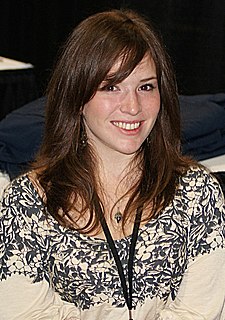A Quote by Scott McCloud
Comic book readers are just as abandoned by the corporate system as the creators, despite the importance supposedly given their hard-earned dollars. The average comics shop can offer only a tiny fraction of an industrywide selection that is itself extremely limited in scope. And even when readers know exactly what they want, the search can be maddeningly futile.
Related Quotes
Books are just dead words on paper and it is the readers who bring the stories alive. Previously, writers wrote a book and sent it out into the world. A couple of months after publication letters from readers might arrive. And, leaving aside the professional reviews, it is really the reader's opinions that the writer needs. They vote for a book - and a writer - with their hard earned cash every time they go into a bookstore (or online - that's my age showing!) and buy a book.
A reader is entitled to believe what he or she believes is consonant with the facts of the book. It is not unusual that readers take away something that is spiritually at variance from what I myself experienced. That's not to say readers make up the book they want. We all have to agree on the facts. But readers bring their histories and all sets of longings. A book will pluck the strings of those longings differently among different readers.
Some readers sort of suspect that you have another book that you didn't publish that has even more information in it. I think that readers sort of want to be taught something. They have this idea that there's a takeaway from a novel rather than just the being there, which I think is the great, great pleasure of reading.
I'm so very grateful to the readers who put down their hard-earned money to read what I write. They don't have to do that. They choose to. And I try and earn that trust every time I put out a book. I know that sometimes the stories head into challenging territory and I respect that that can be hard. It's a wonderful journey, though, and I'm so glad we're all on it together!
I don't know who made the first Aquaman joke. I'm sure it was comics readers; maybe we all did. But it's the idea that the perpetuated story of Aquaman is that he only has powers in water, and he talks to fish. I think it's the idea of him in the middle of a city just doesn't make a lot of sense to people. It's just the character itself.



































